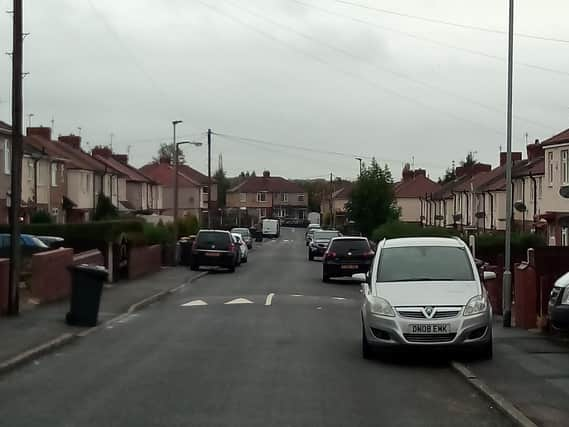Civil penalties could see rogue landlords facing thousands in costsÂ


It would give the authority the option to use civil penalties rather than criminal prosecutions against those who breach regulations designed to keep tenants safe and living in acceptable conditions.
However, council investigators would still have to draw up cases which met the criminal burden of proof '“ beyond reasonable doubt '“ as the starting point for action.
Advertisement
Hide AdAdvertisement
Hide AdPenalties against those found in breach of the rules would then be tiered, to take account of how serious their offences were.
In addition to the incident itself, their histories would also form part of the decision making process to assess the level of penalty, with an expectation that it would be high enough to ensure no profit had been made from errant behaviour, that each individual's financial circumstances were taken into account and so that it would act as a deterrent to others.
For the least serious cases, charges could be as low as £25, but the maximum figure on the most serious grade would be £30,000, with a '˜starting figure' of £15,000 which would then be adjusted up or down to suit the individual circumstances.
Although those involved would be given 28 days to make representations against the penalty, those who were unsuccessful and refused to pay would be pursued through the County Court, with the use of bailiffs to recover the money, if necessary.
Advertisement
Hide AdAdvertisement
Hide AdDetails of the scheme will be considered by the council's ruling Cabinet on Monday and a report to councilllors who make up that body states: 'The more serious the offence, the higher the civil penalty should be. A higher penalty will be appropriate where the offender has a history of failing to comply with their obligations and/or their actions were deliberate and/or they knew, or ought to have known, that they were in breach of their legal responsibilities. 'Landlords are running a business and should be expected to be aware of their legal obligations.
'Relevant previous offences include property related offences, offences relating to drugs, violence, discrimination or fraud, consideration should be given to the nature of the offence and what bearing it could have on the management of a privately rented property.'
One key factor in determining penalty levels would be the harm done to tenants, with the report stating: 'The greater the harm or the potential for harm (this may be as perceived by the tenant), the higher the amount should be when the local housing authority imposes a civil penalty.'
If the guidelines are adopted, it is expected that each penalty will be tailored to act as punishment, meaning those who are better off are likely to see higher payments demanded, with the aim of deterring repeated offences.
Details of civil penalties would not be published by the council.